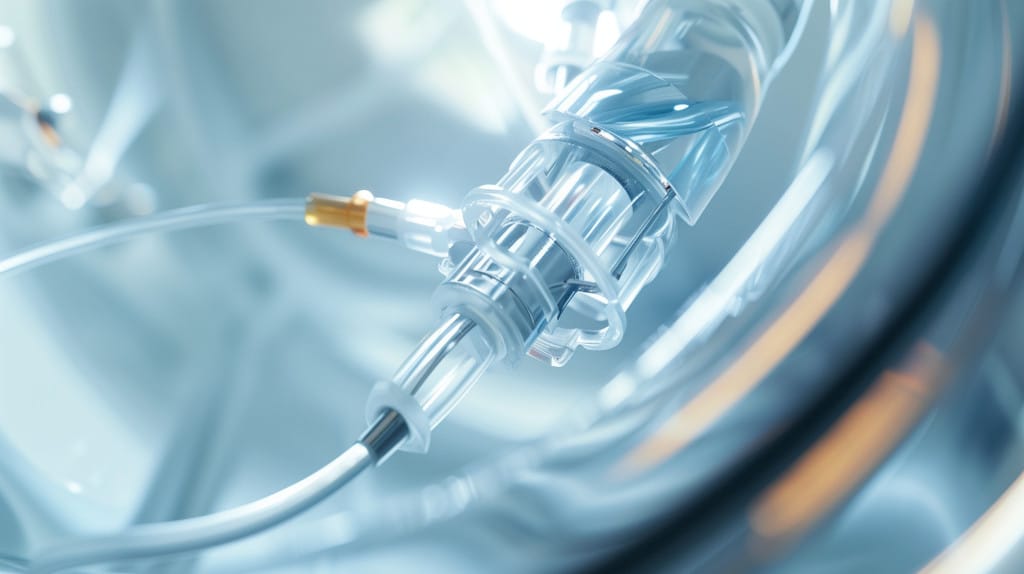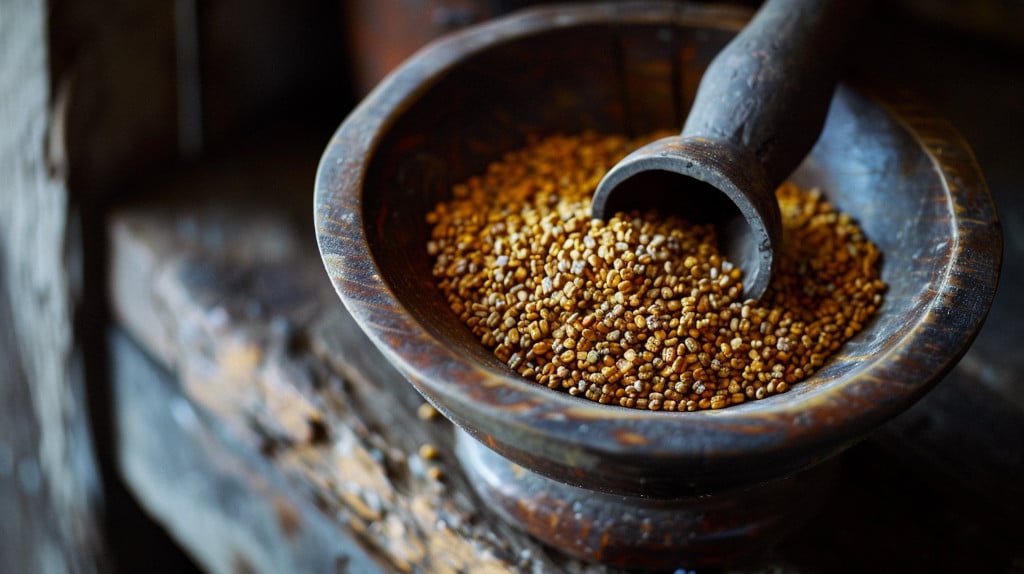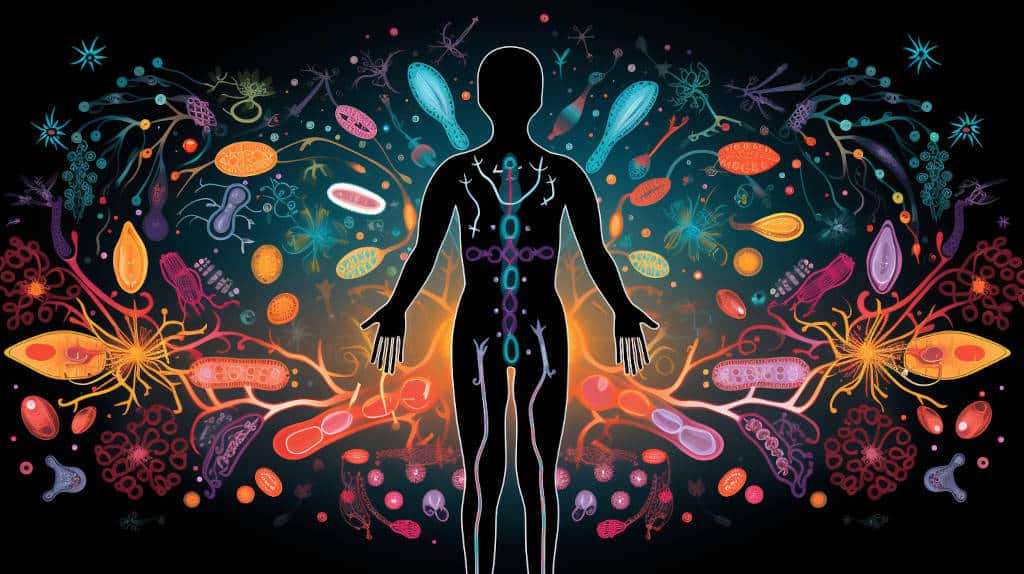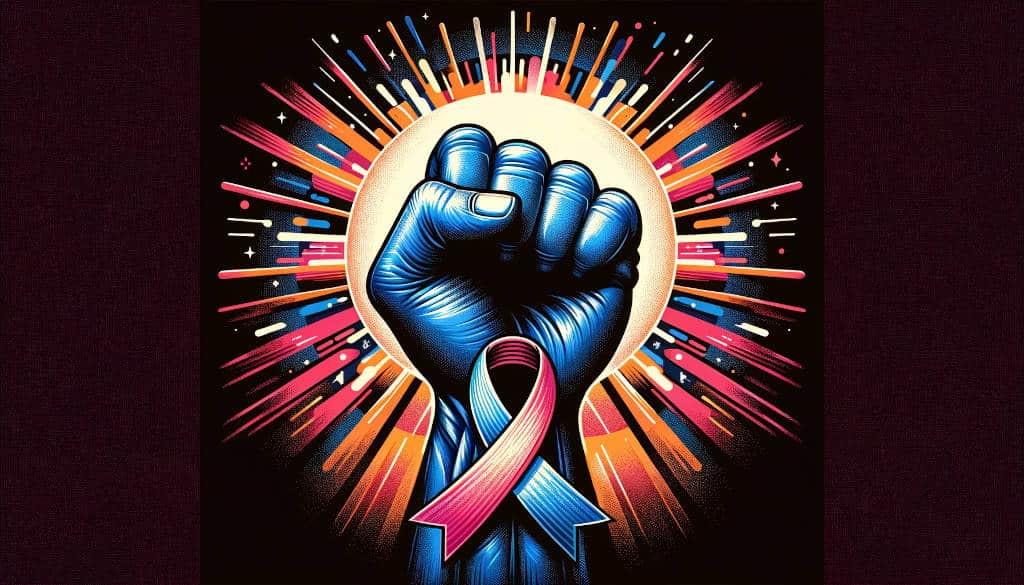Last Updated on July 7, 2024 by Max
Introduction
Engaging in sexual activity, especially beyond the age of 50, is a key aspect of overall well-being and quality of life, particularly for individuals with an active lifestyle. Despite the general decline in libido with age, approximately 40% of married men over 60 remain sexually active, engaging in sexual activities between 1 and 4 times per month. Given that the prostate gland plays a crucial role in reproduction and semen formation – contributing around 30% of its volume – it’s reasonable to assume that the health of this gland might be influenced by sexual activity. Moreover, since the risk of prostate cancer escalates with age, researchers have long been interested in the potential correlation between prostate cancer risk and ejaculation frequency or prostate activity.

The Impact of Ejaculation Frequency on Prostate Cancer Risk
Despite the considerable interest in this topic, the scientific community has not reached a definitive conclusion, mainly due to the lack of randomized controlled trials. The current body of evidence-primarily relies on retrospective data obtained through participant questionnaires.
One of the most widely referenced studies was conducted by M. F. Leitzmann et al. in 2004. The research explored the association between ejaculation frequency and prostate cancer risk, considering different forms of ejaculation, such as sexual intercourse, nocturnal emission, and masturbation.
In this study, 51,529 predominantly Caucasian men, aged between 40 to 75, completed a questionnaire. From 1992 to 2000, 1449 total prostate cancer cases were reported, along with 953 organ-confined prostate cancer cases and 147 advanced prostate cancer cases.
The study found that men with a higher frequency of ejaculation were more physically active and more likely to have a history of reproductive conditions such as syphilis, gonorrhea, prostatitis, and vasectomy compared to men with a lower ejaculation frequency. Interestingly, the former group also consumed more total energy, lycopene, fish, alcohol, supplemental vitamin E, and supplemental zinc.
The findings suggested a correlation between high ejaculation frequency (21 or more times per month) and a reduced risk of total and localized prostate cancer, compared with low ejaculation frequency (4-7 or fewer ejaculations per month). This correlation was observed regardless of potential risk factors for prostate cancer, such as age, family history, history of sexually transmitted infections, smoking habits, and dietary factors. According to the data, each increase of three ejaculations per week over a lifetime was associated with a 15% decrease in total prostate cancer risk.
In 2016, J. R. Rider et al. published an update to the original study, incorporating an additional decade of follow-up data. They reported evidence supporting the beneficial role of frequent ejaculation throughout adult life in reducing the risk of low-risk prostate cancer. The study suggested that men who ejaculated most frequently (21 or more times a month) had approximately a 20% lower likelihood of developing prostate cancer than those who ejaculated less frequently (4 to 7 times a month). This pattern was observed across various age groups, suggesting a dose-dependent relationship between ejaculation frequency and prostate cancer risk.
A meta-analysis by Jian Z. and colleagues (2018) compiled data from 22 relevant studies, involving about 55,000 participants. They found that men with fewer sexual partners, older age at first intercourse, and moderate ejaculation frequency had a significantly reduced risk of prostate cancer.
In contrast, P. Dimitropoulou and colleagues (2008) reported that while frequent sexual activity in later life (50s) appeared protective against prostate cancer, it increased the disease risk in younger life (20s). Masturbation in the 20s and 30s was associated with an increased risk of prostate cancer, which declined by the 50s. In contrast, sexual intercourse alone was not associated with the disease.
Conclusions and Considerations
At this juncture, it is not definitively established whether a higher ejaculation rate protects against prostate cancer. While a correlation is evident, the causative factors remain unknown. It’s possible that individuals with high sexual activity may also maintain other healthy habits that influence disease development, which may not have been accounted for in these studies. Alternatively, frequent ejaculation may shield the prostate by expelling potentially harmful chemicals that accumulate in semen.
Are You at Risk for Prostate Cancer?
Prostate cancer is the second most prevalent cancer in men globally, with approximately 900,000 new cases diagnosed annually, leading to over 250,000 deaths per year. The American Cancer Society estimates that one in eight men will be diagnosed with prostate cancer during their lifetime. Fortunately, most men diagnosed with prostate cancer survive, as it is not often the primary cause of death.
The risk of developing prostate cancer can be influenced by several factors:
- Age: The risk increases with age, especially after 50.
- Race/Ethnicity: Prostate cancer is more common in African Americans than in whites, and in whites more than in Latinos.
- Genetics/Family History: Men carrying BRCA1 or BRCA2 mutations, known as DNA repair genes, face an elevated risk of prostate cancer. The risk increases up to 3.8-fold for men with BRCA1 mutations and up to 8.6-fold for men with BRCA2 mutations. If diagnosed before age 60, the risk for first-degree relatives can rise fourfold or more compared to the general population.
- Weight: Evidence suggests a link between obesity and the risk of aggressive prostate cancer.
- Diet: A diet high in processed animal food and low in fiber, fruits, and vegetables may increase your risk.
- Chemical Exposure: Exposure to pesticides, herbicides, and certain preservatives can heighten your risk of developing prostate cancer.
- Sexual Health: A history of sexually transmitted diseases could potentially increase your risk.
- Gastrointestinal Health: Regular gastrointestinal issues, including constipation and altered unhealthy gut microbiota, may also increase your risk of prostate cancer.
Reducing Your Risk of Prostate Cancer
Here are some steps you can take to potentially reduce your risk:
- Limit your intake of processed animal foods, red meat, and fats.
- Consume at least 12 servings of fruits and vegetables a week, particularly cruciferous vegetables, as they help regulate estradiol balance in men.
- Consider regular aspirin use. A study showed that regular aspirin intake may slow the progression of the disease and potentially prevent prostate cancer from becoming fatal (M. K.Downer et al. 2017).
- Maintain good gut health; avoid long-term constipation.
- Ensure quality sleep, which can reduce stress and inflammation.
- Minimize your exposure to potentially harmful chemicals.
References
- M. F. Leitzmann et al. Ejaculation Frequency and Subsequent Risk of Prostate Cancer. JAMA. 2004;291(13):1578-1586.
- J. R. Rider et al. Ejaculation Frequency and Risk of Prostate Cancer: Updated Results with an Additional Decade of Follow-up. Eur Urol. 2016 Dec;70(6):974-982.
- Jian Z, Ye D, Chen Y, et al. Sexual Activity and Risk of Prostate Cancer: A Dose–Response Meta-Analysis. J Sex Med 2018;15:1300–1309.
- P. Dimitropoulou et al. 2008. Sexual activity and prostate cancer risk in men diagnosed at a younger age. BJU International Volume 103, Issue 2 p. 178-185.
- M. K.Downer et al. Regular Aspirin Use and the Risk of Lethal Prostate Cancer in the Physicians’ Health Study. European Urology. Volume 72, Issue 5, November 2017, Pages 821-827







